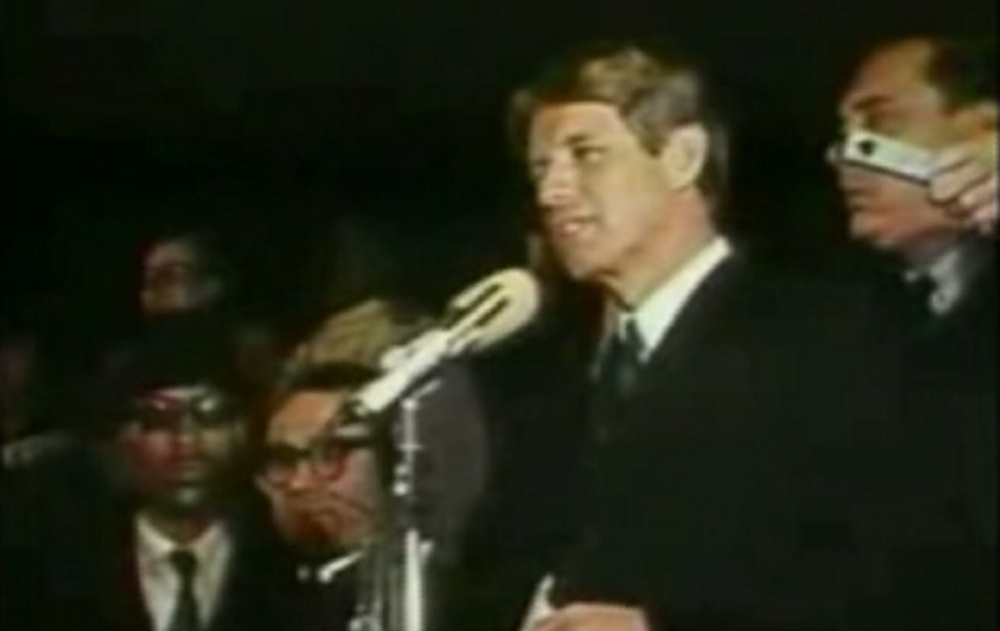If you stand on a beach and watch the waves, you might think that you are looking at row after row of individual peaks, which form, grow and then crash into the sand.
But that’s an illusion. As the Buddhist monk and writer Thich Nhat Hanh observes, each wave is just water, wind and current. No wave can be said to exist apart from the ocean and no single wave exists apart from the others.
Maybe that’s the best way to try to make sense of the wave after wave of violence that has washed across this country over these last few weeks.
Start the list wherever you like: 49 shot dead in an Orlando nightclub; two African American men shot by police in separate incidents – with their last moments recorded on cellphone cameras and broadcast over the internet; five Dallas police officers gunned down by a sniper while keeping the peace at a Black Lives Matter vigil; 64 people shot, four fatally, in Chicago over the Fourth of July weekend.
There is a strong desire to see these as separate events, but they are not. They are what happens when forces such as hatred, fear, poverty and systemic racism crash together. The kind of random violence we are seeing in America today is what happens when we treat each other like enemies and fail to recognize our common humanity.
America has survived other violent periods. We fought a Civil War that took 620,000 lives. Lynchings were common in the Jim Crow era, and the 1960s saw a wave of riots and political assassinations.
Robert F. Kennedy was at the center of that turbulent decade, first losing his brother to an assassin and then being shot down himself five years later. In 1968, the day after Martin Luther King Jr. was killed and just two months before his own death, Kennedy gave a short speech on violence that still rings true today.
“Whenever any American’s life is taken by another American unnecessarily – whether it is done in the name of the law or in the defiance of law, by one man or a gang, in cold blood or in passion, in an attack of violence or in response to violence – whenever we tear at the fabric of life which another man has painfully and clumsily woven for himself and his children, the whole nation is degraded,” Kennedy said.
He saw violence as the result of “false distinctions” such as race and class and our willingness to tolerate the suffering of people who are different from us. Violence breeds violence, he said, repression breeds retaliation and nothing ever gets resolved.
Kennedy said: “Our lives on this planet are too short and the work to be done too great to let this spirit flourish any longer in our land. Of course we cannot vanish it with a program, nor with a resolution. But we can perhaps remember – even if only for a time – that those who live with us are our brothers, that they share with us the same short movement of life, that they seek – as we do – nothing but the chance to live out their lives in purpose and happiness, winning what satisfaction and fulfillment they can.”
It’s human nature to focus on the ways in which we are different and on what separates us from each other. But that kind of thinking just expands the distance between us, and creates the conditions for those waves of violence.
Whether we like it or not, we will all end up in the same future. If we want it to include peace and justice, we need to make sure that they exist for everyone right now.
Send questions/comments to the editors.


